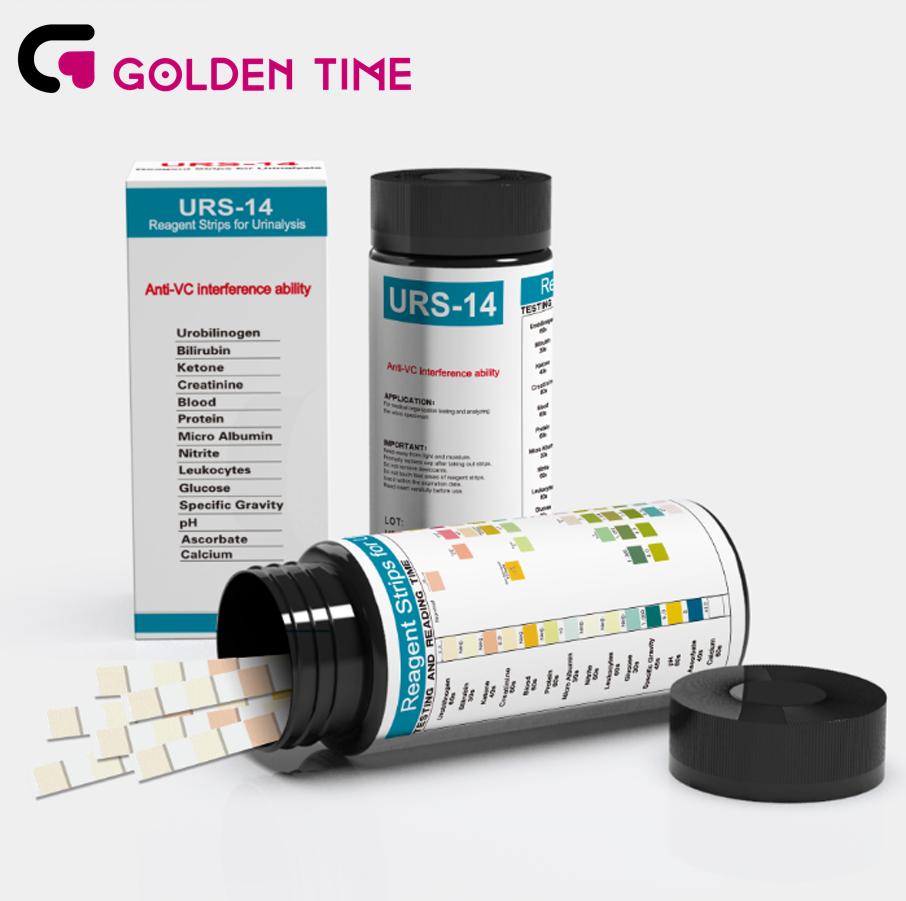Окт . 18, 2024 19:06 Back to list
Understanding Pregnancy and Ovulation Testing for Better Family Planning Choices
Understanding Pregnancy and Ovulation Tests A Comprehensive Guide
In the realm of reproductive health, understanding the intricacies of pregnancy and ovulation tests is crucial for individuals and couples trying to conceive or manage their reproductive health effectively. These tests provide invaluable insights into hormonal changes in the body, helping to determine the best times for conception or confirming a pregnancy. In this article, we will delve into the functioning of these tests and their significance.
The Basics of Ovulation Testing
Ovulation tests are designed to detect the surge in Luteinizing Hormone (LH) that occurs just before ovulation. This hormone is essential for egg release, and its rise indicates that ovulation is imminent, typically occurring 12 to 36 hours after the LH surge. There are two primary types of ovulation tests
1. Urine Tests These are the most common and are easily accessible. They typically consist of test strips that change color based on hormone levels in urine. They usually become most effective when used in the days leading up to expected ovulation. 2. Saliva Tests These tests analyze saliva to detect changes in estrogen levels, which can also signal impending ovulation. They are reusable and can provide daily monitoring of fertility signals.
To increase the chances of conception, it is advisable to engage in intimate relations on the day of the LH surge and the days following.
Understanding Pregnancy Tests
Pregnancy tests primarily measure the presence of Human Chorionic Gonadotropin (hCG) in urine or blood. This hormone is produced shortly after a fertilized egg attaches to the uterus and can be detected even before a missed period, making it an early indicator of pregnancy. There are generally two types of pregnancy tests
1. Home Urine Tests These over-the-counter tests are user-friendly and can provide results in minutes. They work best when taken after a missed period, but some sensitive tests can detect hCG earlier.
pregnancy ovulation test

2. Blood Tests Conducted at a medical facility, blood tests can detect hCG levels with greater specificity and are done to confirm pregnancy. They can be quantitative, measuring the exact amount of hCG, or qualitative, simply indicating whether hCG is present.
Timing is Everything
For effective results with both ovulation and pregnancy tests, timing is of the essence. For ovulation tests, tracking your cycle can help determine the optimal window for testing. Generally, ovulation occurs roughly 14 days before the start of your next menstrual period. Therefore, if you have a regular 28-day cycle, testing should begin around day 10 to 12 of your cycle.
When it comes to pregnancy tests, waiting until you have missed your period – which allows for higher hCG levels to be detected – can significantly improve accuracy. Testing too early may result in a false negative, leading to unnecessary distress or confusion.
Interpreting the Results
Understanding how to interpret the results is essential. For ovulation tests, a positive result indicates that the LH surge is happening, which means that ovulation is likely to occur soon. A negative result means that it is not the peak time for ovulation.
On the other hand, pregnancy test results can show positive or negative outcomes. A positive test indicates pregnancy, while a negative result means that if your period is late, you may want to retest after a few days.
Conclusion
In summary, ovulation and pregnancy tests serve as vital tools for managing reproductive health. They allow individuals and couples to understand their bodies better, optimize their chances of conception, and confirm pregnancies accurately. While these tests offer valuable information, it's essential to approach them with proper timing and an understanding of results. Consulting with healthcare professionals for personalized advice and guidance is always the best course of action to ensure the health and well-being of individuals and families.
-
Dengue NS1 Rapid Diagnostic Test Kit
NewsMar.07,2025
-
Dengue NS1 Rapid Diagnostic Test Kit
NewsMar.07,2025
-
Dengue NS1 Rapid Diagnostic Test Kit
NewsMar.07,2025
-
Transferrin Rapid Test Cassette Tumor Marker TF Card
NewsMar.07,2025
-
Malaria Pf Pan Rapid Diagnostic Test Kit
NewsMar.07,2025
-
malaria pf / pan ag rapid test
NewsMar.07,2025

